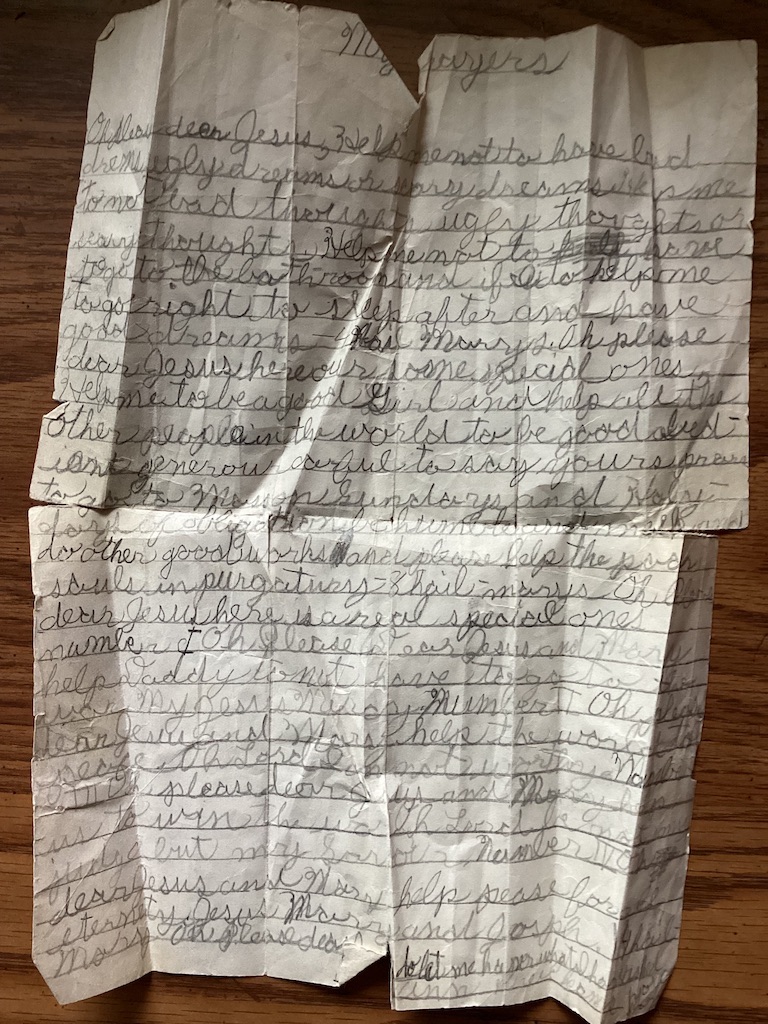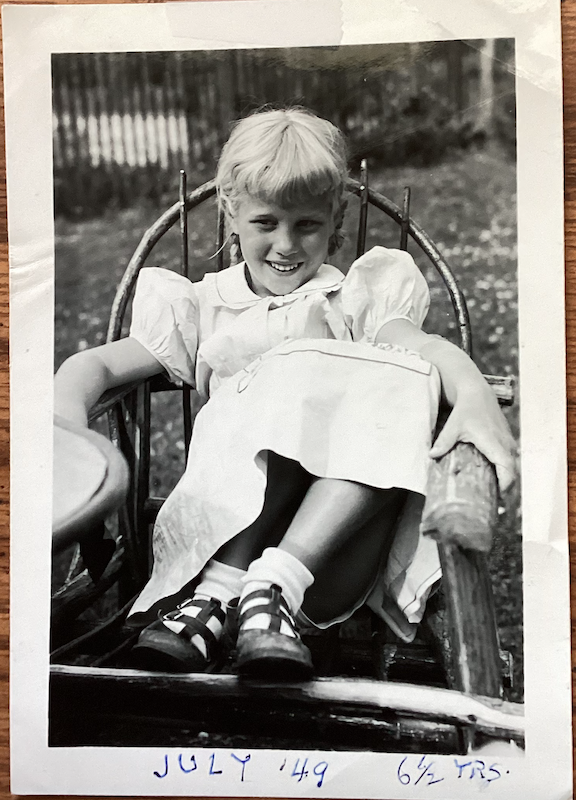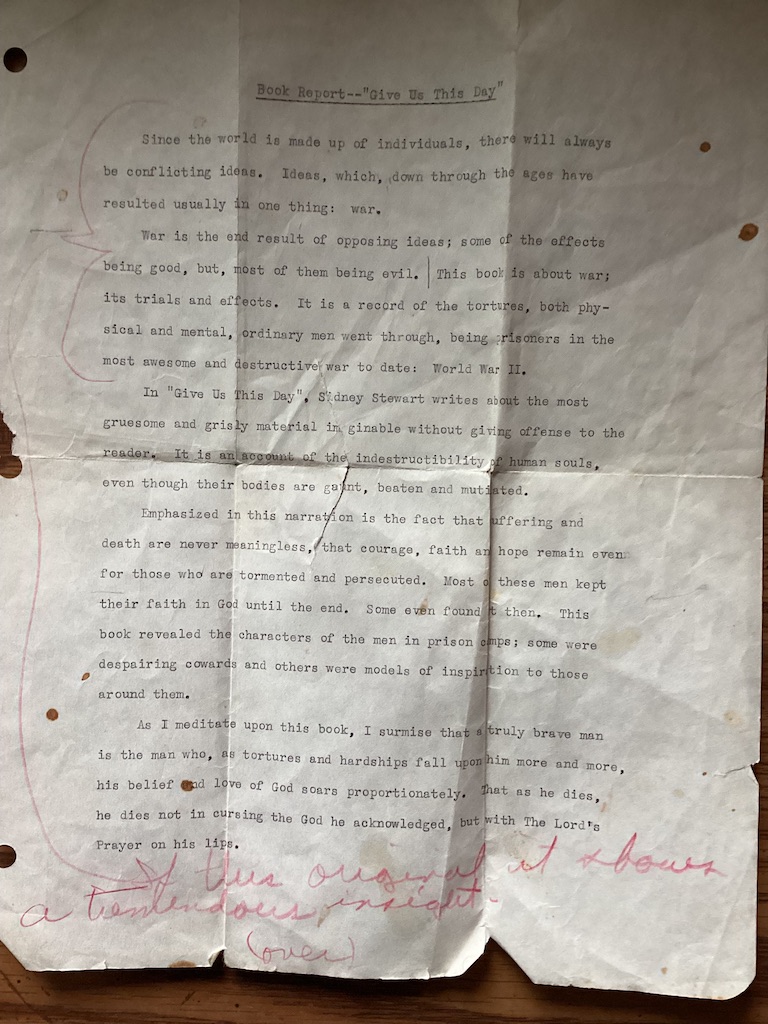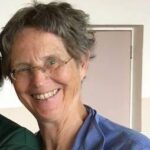As the current, violent, destructive, prideful tit for tat between Israel and the rest of the world revs up, I need to refocus; at least for now. In fact, Whenever I even glance at the roiling currents besetting the larger world I realize that, not only am I a fool, but a fearful fool.
As my husband Jeff used to say when I’d freak out over something way beyond my ken: “But Ann, what can you DO about it?”
Yes, Ann. What can you do about it.
Just when I think I’ve switched permanently from Fear to Love, the “state of the world” yanks me under. Oh I saw through the covid con immediately. But see through this? This constant, and growing, seemingly deliberate intent to blow up the whole world, starting with Israel/Ukraine?
Are humans really that stupid?
What if everybody ignored what is going on beyond what they can personally interact with. What would happen then? Would power politics dissolve?
So I need, for now, to rededicate myself to writing about only what I am personally familiar with. For someone like me, this is doubly important, since, as a World War II baby, I snapped awake, recognized the threat of total nuclear war on the very day when we bombed Hiroshima and Nagasaki. I was two years and eight months old. The result? A much too large awareness ignited by profound PTSD.
I learned to read as a five year old. Why? Because I needed to scan the headlines of the daily paper, which I would run out to bring inside as soon as it hit the porch. Was the world going to end that day? Apparently not. Good. Well, then I can go outside and play.
I bring receipts to this drastic view of my own childhood. Here are my two earliest compositions. The first, My Prayers, a ritual that I engaged in every night when I went to bed. There I was, with three younger sisters, lying tense on the top bunk of the right hand bunk bed, whispering entreaties, following each one with a prayer, then turning over to my side, then my stomach, my side, etc. Until done. Every single night. At one point I told my mother about my prayers; she asked me to write them down.
MY PRAYERS
Oh please, dear Jesus, help me not to have bad dreams ugly dreams or scary dreams. Help me to not have bad thoughts, ugly thoughts, or scary thoughts. Help me not to go to the bathroom, and if I do help me to go right back to sleep after and have good dreams. — 4 Hail Marys. Oh please, dear Jesus, here are some special ones. Help me to be a good girl and help all the other people in the world to be good and generous, careful to say your prayers to go to Mass on Sundays and Holy days of Obligation be humble and meek and do other good works and please help the poor souls in purgatory. — 8 Hail Marys. Oh please, dear Jesus here is a real special ones. Number I Oh please dear Jesus and Mary help Daddy to not have to go to the war. My Jesus Mary Number II Oh please dear Jesus and Mary help the world to peace. Oh Lord I am not worthy. Number III Oh please dear Jesus and Mary help us to win the war. Oh Lord be not my judge but my savior. Number IV Dear Jesus and Mary help peace for all eternity. Jesus Mary and Joseph.— 4 hail Marys. Oh please dear Jesus, do let me have what I have asked you for.
Ann Kreilkamp
However, PTSD also spurred the opening to the philosophical expression of my double Sagittarian self, the first glimmering of which I experienced in 9th grade.
BOOK REPORT — “Give Us This Day”
Since the world is made up of individuals, there will always be conflicting ideas. Ideas which, down through the ages, have resulted usually in one thing: war.
War is the end result of opposing ideas; some of the effects being good, but mot of them being evil. His book is about war; its trials and effects. It is a record of the tortures, both physical and mental, ordinary men went through, being prisners in the most awesome and destructive war to date: World War II.
In “Give Us This Day”, Sidney Stewart writes about the most gruesome and grisly material imaginable without giving offense to the reader. It is an account of the indestructibility of human souls, even though their bodies are gaunt, beaten, an mutilated.
Emphasized in this narration is the fact that suffering and death are never meaningless, that courage, faith and hope remain even for those who are tormented and persecuted. Most of these men kept their faith in God until the end. Some even found it then. This book revealed the characters of the men in prison camps; some were despairing cowards and others were models of inspiration to those around them.
As I meditate upon this book, I surmise that a truly brave man is the man who, as tortures and hardships fall upon him more and more, his belief and love of God soars proportionately. That as he dies, he dies not in cursing the God he acknowledged, But with the Lord’s Prayer on his lips.
Ann Kreilkamp
The teacher, when handing papers back to us, asked me to see her after class. Which of course, terrified me. But I shouldn’t have been terrified. On my report she had written, in large letters, referencing the first two paragraphs: “If this is original, it shows a tremendous insight. This is the best piece of writing any of my students has done all year. 100.”
And yes, she just wanted to make sure that it was original. And though I said “yes” I remember wondering if it was true. These two paragraphs, especially the first few sentences, flew out, unbidden. From where?




